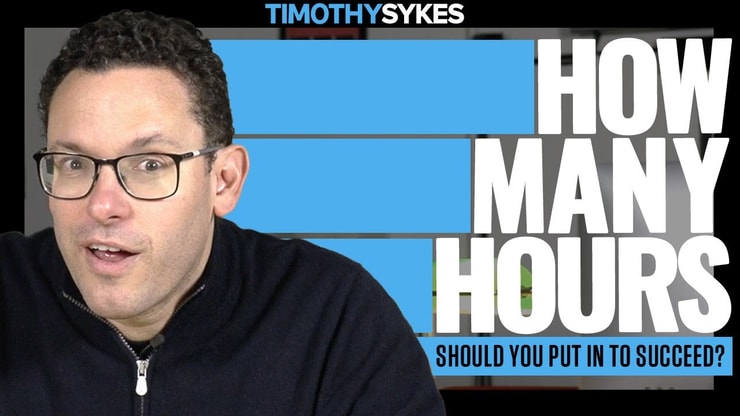Happy Monday!
Welcome to a new week.
Make sure to stretch, shake things out, and get some food in you.
There are profit opportunities ahead.
I’m here to help out, but you’ve gotta do the work. So make sure to prepare …
Last week, even though the market dipped, my niche stayed strong.
We saw spiker after spiker.
I don’t want to crowd you with too many charts so I’ll just share Genius Group Limited (AMEX: GNS), it spiked +870%….

And that’s not an isolated instance for our niche … we see moves like this every week.
I’ve been showing traders how to capitalize on them for 15 years. And the results speak for themselves …
Last week Jack Kellogg raked in +$43k.
That’s close to what some people make in a whole year.
But don’t focus on profits that high in the beginning … you’ll just get frustrated.
I’ll show you how to start small and grow your account reliably over time. It’s how all my millionaire students did it.
Everything you need is in today’s letter …
Small Account

A lot of people think starting with a small account is a handicap.
They’d rather have a couple hundred thousand to work with … probably so they can withdraw some of that cash to pay their rent.
If you want money, you’ve got to work for it. Simple as that.
And small accounts offer a couple of unique benefits.
I filmed this video a few months ago but it still applies …
Honestly, it all comes down to initial position size, your level of experience, and sizing up.
It’s good to start small because, in the beginning, we don’t know what we’re doing.
This applies to me as well. When I was testing strategy after strategy in my college dorm room, they didn’t all end well. Had I been trading big in the beginning, I could have lost everything.
Be thankful you’ve only got a couple of hundred dollars to use.
It helps you learn the process.
Focus on the percent gain. Not the dollar gain.
Then, once you’ve achieved consistent profitability, play the exact same patterns but increase the position sizes for larger profits.
It’s easier said than done.
But the process is very simple.
As long as you follow the process, your account will last longer, and you’ll have a better chance of understanding and profiting in the long run.
How To Grow Quickly

I recently filmed a new video answering a common question I get asked …
An easy answer is: it’s different for everyone.
It depends on your background, your current level of understanding, how much work you decide to put in, how skilled you are at learning new content, etc. …
But that’s kind of a fluff answer.
I’ve got a better one …
I can show you everything you need to know to be profitable. It only takes 30 days.
At the end of these 30 days, you’ll be fully equipped to navigate the market safely.
And I guarantee you, trading will never be the same ever again.
Start your 30-day journey right now.
What better way to start a new week of trading?
— Tim




Leave a reply